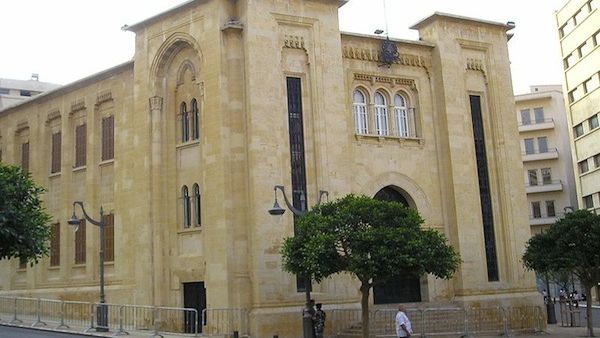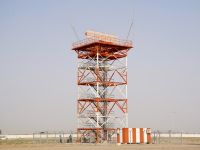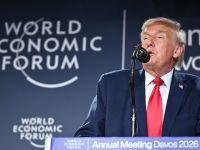Change and Reform bloc MP Alain Aoun Saturday sounded pessimistic over electing a new president soon, touting Michel Aoun’s proposal to amend the voting mechanism as means to end the deadlock over the election.
“There is no presidential election the foreseeable future,” Aoun told Voice of Lebanon radio station.
“The internal dynamics are disrupted, there will not be a presidential election because we still have some people waiting for a foreign decision, while others seek change.”
Lawmakers have not yet reached a consensus on a candidate to replace former President Michel Sleiman, whose six-year term ended on May 25.
The MP also defended Aoun’s recent proposal to amend the Constitution so that the people rather than MPs vote for the president, saying the suggestion was intended to break the stalemate.
“Aoun's proposal was the result of a belief that a two-third majority [needed to secure quorum in Parliament] is impossible to secure in the meantime,” Aoun said.
“The proposal seeks to merely amend the electoral system by which a president is chosen, and not the presidential prerogatives or his constitutional duties.”
Aoun's proposal has come under fire by his rivals in the March 14 coalition who described it as untimely and intended to prolong the presidential vacuum.
In a news conference earlier this week, Michel Aoun proposed that the Constitution be amended, allowing the people, rather than MPs, to directly vote for a president. He suggested two rounds of voting, in which Christians vote in the first round and the entire country casts ballots for the two top candidates in the second.
The presidency is reserved for a Maronite Christian under the National Pact of 1943 that governs Lebanon’s political power-sharing balance between Christians and Muslims.
Alain Aoun said the proposal would see a candidate with popular Christian and national representation becoming a president.
“The proposal was aimed at resolving an issue and [was] an attempt to break the deadlock rather than a coup on the Constitution as some have described.”
Michel Aoun, the head of the second largest bloc in Parliament, has been the March 8 coalition's undeclared presidential candidate and has attempted to hold contacts with his rivals in the Future Movement to convince them to vote for him in Parliament, but to no avail.








